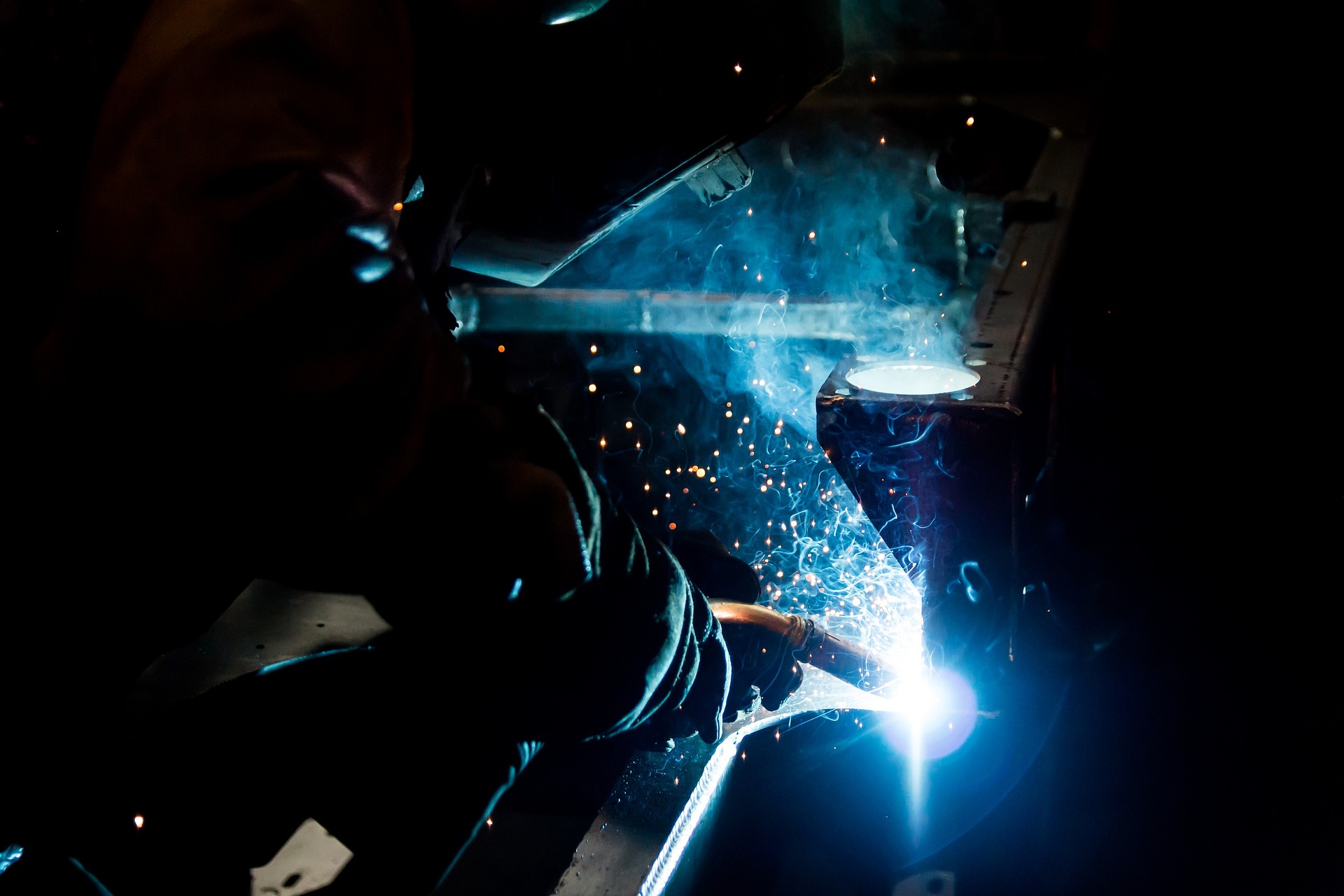Welding Job Opportunities: What to Expect and How Others Explore This Field
Welding can be a skilled trade with various opportunities available in different industries. Many people explore welding as a stable career option based on their interests and experience. In this article, we discuss what to expect and how others approach welding jobs. Learn more inside.

What are the main types of welding jobs available?
Welding job opportunities span a wide range of industries and specializations. Some of the most common types of welding jobs include:
-
Construction Welders: These professionals work on building structures, bridges, and other large-scale projects.
-
Manufacturing Welders: They focus on producing items in factory settings, often using automated welding equipment.
-
Pipeline Welders: Specializing in joining pipes for oil, gas, and water transportation systems.
-
Aerospace Welders: Working on aircraft and spacecraft components, requiring high precision and specialized techniques.
-
Underwater Welders: Performing welding tasks in marine environments, often for offshore oil rigs or ship repairs.
Each of these welding specializations requires specific skills and certifications, offering diverse career paths for those entering the field.
What qualifications and skills are needed for welding jobs?
To pursue a career in welding, individuals typically need a combination of education, training, and practical skills. Key qualifications include:
-
High school diploma or equivalent
-
Completion of a welding program at a vocational school or community college
-
Certifications from recognized organizations like the American Welding Society (AWS)
-
Knowledge of various welding techniques (e.g., MIG, TIG, stick welding)
-
Understanding of blueprint reading and technical drawings
-
Strong hand-eye coordination and attention to detail
-
Physical stamina and ability to work in various environments
Many employers also value soft skills such as problem-solving, teamwork, and communication. Continuous learning and staying updated with new welding technologies are essential for career growth in this field.
How do people typically start their welding careers?
Many individuals begin their welding careers through a combination of education and hands-on experience. Common pathways include:
-
Vocational Programs: Enrolling in welding courses at technical schools or community colleges to gain foundational knowledge and skills.
-
Apprenticeships: Participating in formal apprenticeship programs that combine on-the-job training with classroom instruction.
-
Entry-Level Positions: Starting as helpers or assistants in welding shops to gain practical experience.
-
Military Service: Gaining welding skills and experience through military training and service.
-
Internships: Seeking internship opportunities with manufacturing companies or construction firms to build experience and industry connections.
Regardless of the chosen path, aspiring welders often start with basic certifications and gradually work towards more specialized qualifications as they gain experience and expertise.
What industries are currently hiring welders in the UK?
In the United Kingdom, several industries are actively seeking skilled welders. Some of the key sectors include:
-
Construction: With ongoing infrastructure projects and urban development, construction firms require welders for various structures and buildings.
-
Manufacturing: The UK’s manufacturing sector, including automotive and aerospace industries, consistently hires welders for production and assembly work.
-
Oil and Gas: Despite shifts towards renewable energy, the oil and gas industry still demands welders for pipeline construction and maintenance.
-
Shipbuilding: The maritime industry, particularly in coastal regions, offers opportunities for welders in shipbuilding and repair.
-
Renewable Energy: As the UK focuses on green energy, welders are needed for the construction and maintenance of wind turbines and solar panel structures.
These industries offer diverse opportunities for welders at various skill levels, from entry-level positions to highly specialized roles.
What can newcomers expect in terms of salary and career progression?
Welding careers in the UK offer competitive salaries and opportunities for advancement. Entry-level welders typically start with an annual salary ranging from £18,000 to £25,000. As they gain experience and specialize in specific techniques or industries, salaries can increase significantly.
Experienced welders with advanced certifications can earn between £30,000 and £45,000 per year. Highly specialized welders, such as those working in underwater welding or in the oil and gas industry, may earn £50,000 or more annually.
Career progression often involves:
-
Moving from apprentice to journeyman welder
-
Specializing in high-demand welding techniques
-
Taking on supervisory or management roles
-
Becoming a welding inspector or quality control specialist
-
Starting an independent welding business
Continuous learning and obtaining additional certifications are key to advancing in the welding field and increasing earning potential.
How does the job market for welders compare to other trades?
The welding job market in the UK remains strong compared to many other trades. Here’s a comparison of welding to other popular trade careers:
| Trade | Average Starting Salary | Job Growth Outlook | Key Benefits |
|---|---|---|---|
| Welding | £18,000 - £25,000 | Steady | High demand, diverse industries |
| Plumbing | £15,000 - £22,000 | Positive | Essential service, self-employment options |
| Electrician | £18,000 - £23,000 | Positive | Technological advancements, varied work |
| Carpentry | £16,000 - £21,000 | Stable | Creative work, residential and commercial opportunities |
| HVAC Technician | £18,000 - £24,000 | Growing | Increasing demand, specialized skills |
Prices, rates, or cost estimates mentioned in this article are based on the latest available information but may change over time. Independent research is advised before making financial decisions.
Welding offers competitive starting salaries and a positive job outlook due to its wide application across industries. The diverse opportunities and potential for specialization make welding an attractive option for those considering a trade career.
In conclusion, welding presents a promising career path with various opportunities across multiple industries in the UK. From construction to renewable energy, skilled welders are in demand. By understanding the qualifications required, exploring different entry points, and continuously developing their skills, aspiring welders can build rewarding and stable careers in this dynamic field.




